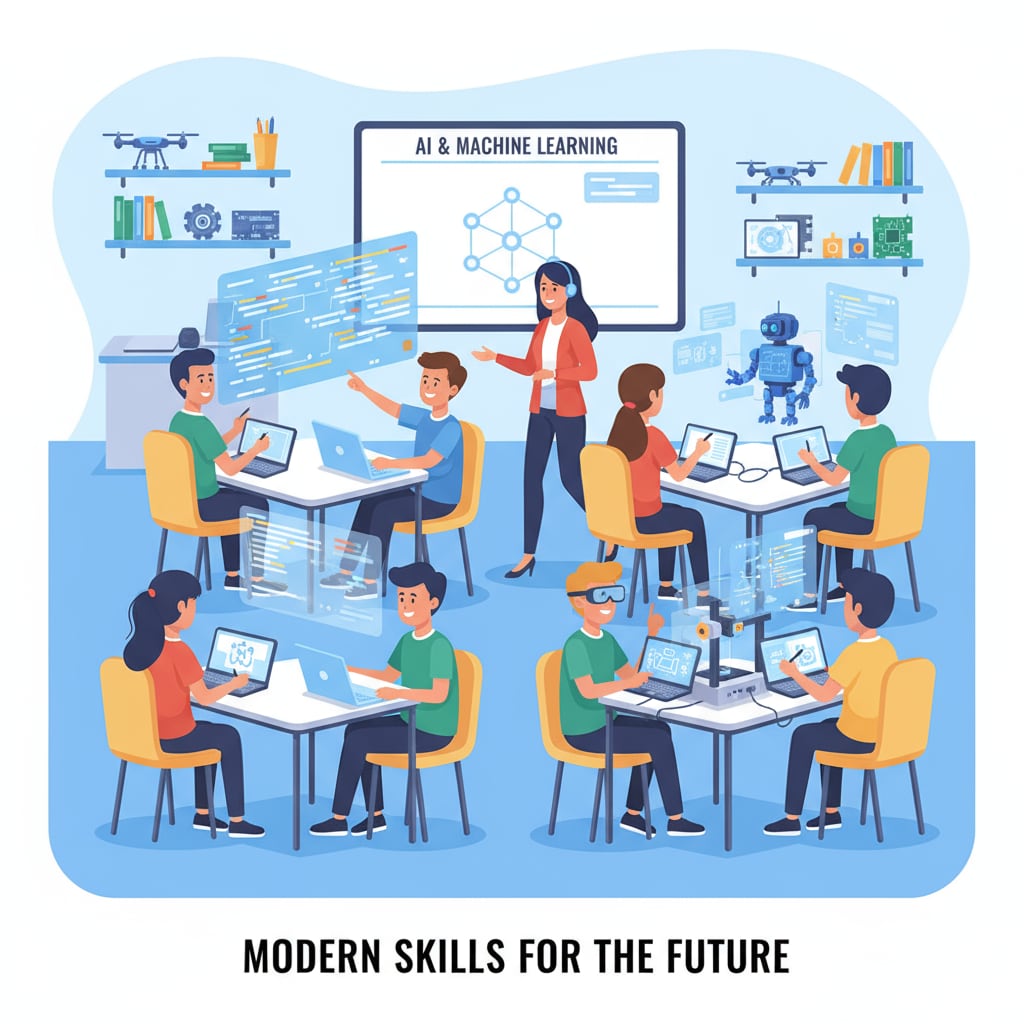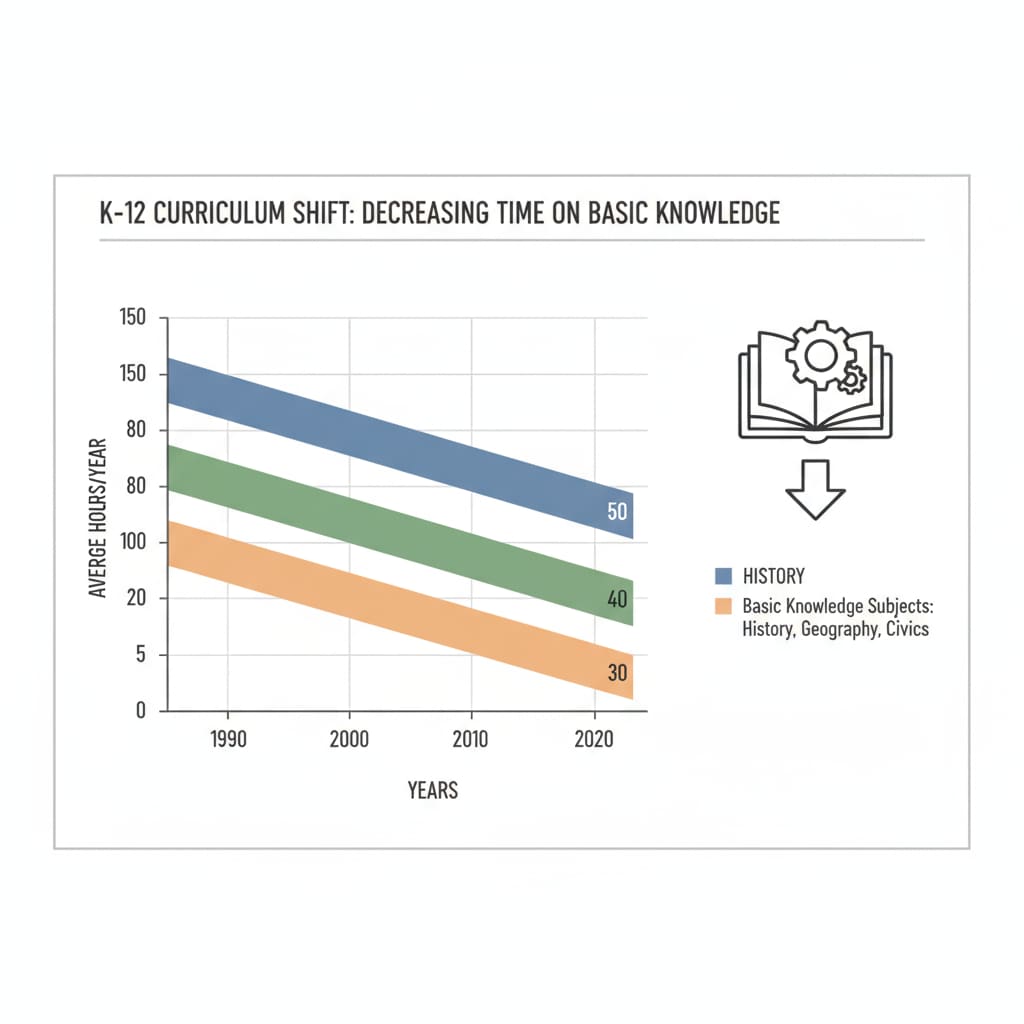In modern K12 education, the issue of educational quality, basic knowledge, and curriculum design has taken center stage. There is a growing concern about the imbalance between skill cultivation and the acquisition of fundamental knowledge. Today, students are often pushed towards developing various skills, while the importance of mastering basic historical, civic, and geographical knowledge is being overlooked. This has led to a situation where students may perform well in school assessments but lack a solid foundation in these essential areas.

The Current State of Imbalance
The overemphasis on skill development in K12 education is evident in many aspects. For example, schools are increasingly focusing on subjects like coding, digital skills, and project-based learning. While these skills are valuable in the modern world, the core subjects that transmit basic knowledge, such as history, geography, and civics, are receiving less attention. As a result, students may be proficient in using technology but have a poor understanding of the past, the world around them, and their rights and responsibilities as citizens. K12 education on Wikipedia
Causes of the Imbalance
One of the main causes is the influence of the job market. The demand for skills that are directly applicable to the workforce has led educational institutions to prioritize skill training. Additionally, the pressure of standardized tests also plays a role. These tests often focus on specific skills rather than comprehensive knowledge. Moreover, the rapid pace of technological change makes schools eager to keep up, sometimes at the expense of traditional knowledge subjects. Education on Britannica

The Importance of Restoring Balance
Basic knowledge forms the bedrock of a well-rounded education. It provides context, critical thinking skills, and a sense of identity. Without a solid foundation in history, geography, and civics, students may struggle to make informed decisions, understand different cultures, and contribute meaningfully to society. Restoring balance in the curriculum is crucial for enhancing educational quality and preparing students for a more fulfilling life.
Practical Solutions
To address this imbalance, schools can start by reevaluating their curriculum design. Allocating more time to basic knowledge subjects while integrating relevant skills into these courses can be a good approach. For example, in a history class, students can use digital tools to research and present historical events. Teachers should also be trained to teach both basic knowledge and skills effectively. Additionally, parents and the community can play a role by advocating for a balanced education and providing additional learning opportunities outside of school.
Readability guidance: This article uses short paragraphs and lists to summarize key points. Each H2 section has relevant details. The passive voice and long sentences are controlled, and transition words are used throughout to enhance readability.


